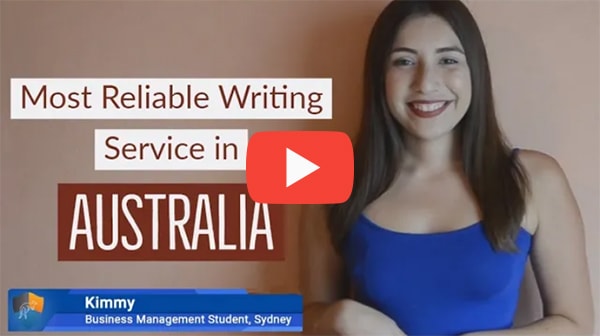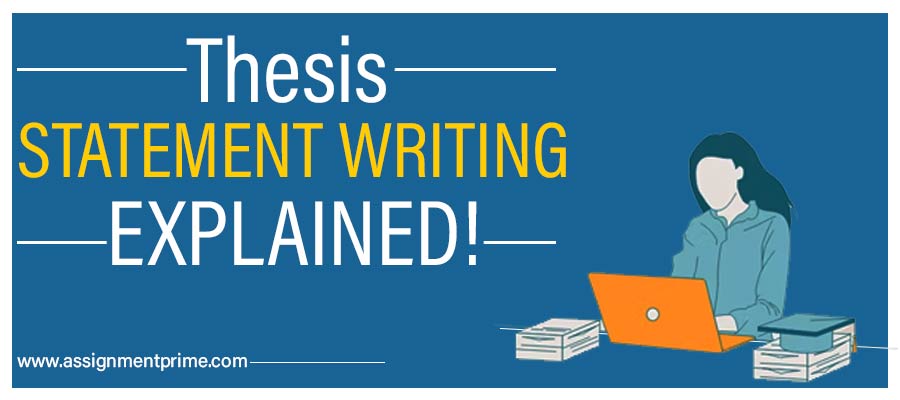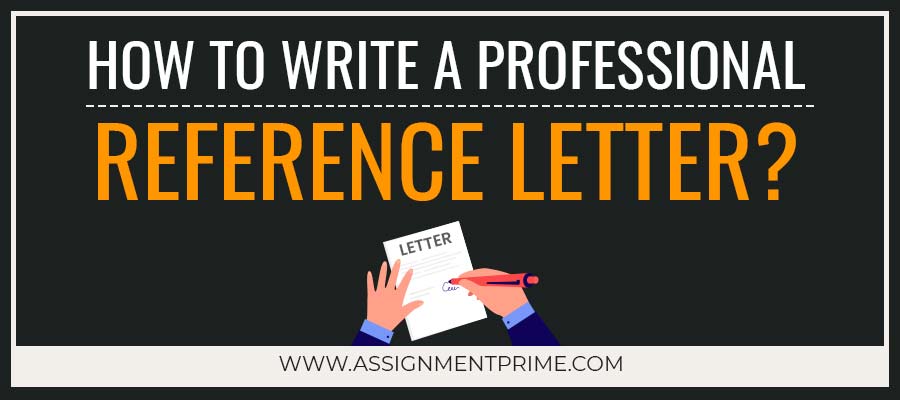A Comprehensive Guide for CHCECE017 Assessment Answers
15 Sep 2022 2695
Table Of Contents
Students studying Diploma of Education, School-Age Care and Education, Early Childhood Care & Education, and Certificate III in Early Childhood Education and Care courses learn to deal with community services. Writing CHCECE017 assessment answers is compulsory for the students pursuing the programs related to Foster the Holistic Development and Well-being of the Child in Early Childhood.
Students must answer the questions by demonstrating the knowledge and skills required to foster and enhance the children’s well being and development. For the students, it is mandatory to use the learning outcome of CHCFC503A, CHCFC502A, CHCFC504A, CHCFC505A, and CHCFC506A units if they are writing the CHCECE017 assignment answers. Hence know about the learning outcomes and performance evidence of these units to answer the CHCECE017 assessment questions.
Let us begin to study the CHCECE017 assessment with a detailed overview by the experts of Assignment Prime.
Complete Details of CHCECE017 Assessment
The CHCECE017 assessment includes 7 tasks, which you should know in detail to answer them accurately. Here is an overview of 7 parts of the CHCECE017 paper that can help you understand them better.
- You need to provide the name of your theorist.
- You need to summarize the primary topic of your research.
- You need to find the domain of development to which the theory is most relevant.
- You need to elaborate on how the domains located in various questions can impact other domains of development.
- You need to outline how is the theory demonstrated in pedagogical practice in the role of an educator.
Now, as you are aware of the various CHCECE017 assessment tasks, we will move forward to the two main parts of the paper, the formative & summative assessment. You have to practice for both so that you can answer every asked question with critical analysis. Let's look at some questions from formative assessment for practice and then move forward.
5 Activities of Formative Assessment
In this section, the experts have provided 5 significant activities, which are the most common ones. Let us begin with examining one-by-one.
Activity 1
Ask questions, for example:
- Name the tallest animal.
- How many birds are on the tree?
- Name the animal that eats bananas.
- Name the Grey colour animals.
- Name the animal that roars.
- Name the animal that is stripy all over.
- Name the slowest animal.
- Is it raining or sunny?
- Name the animal that is pink in colour.
- Name the animal that has a shell.
Activity 2
The counsellor should explain to the child that making mistakes is not a big deal. Share stories with them regarding the experience with the instructor when learning to write. Make the child relax, understand what the mistake of the child is, make them understand how to succeed.
- The counsellor should not scold the child.
- Don’t let children feel stupid for making mistakes.
- The counsellor should talk to the child calmly about the mistakes.
- Too much attention from the counsellor can draw to the error.
- The child should not be compared to another child who does not commit a mistake.
Activity 3
- Tell children the stories of various countries.
- Read books to children.
- Ask the children to taste the food from different countries.
- Show children how to play a musical instrument.
- Provide inspirational & traditional costumes to children.
- Provide the children with toys to play with.
- Teach the children how to play games.
Activity 4
Define cognition and cognitive development broadly. At what stage of development do children have the cognitive skills to perform the following activities?
Skills or Activities
- Recall past and count on future events
- Repetitive behaviour that brings on recreation
- List the objects into two categories at the same time
- Place articles in quantitative order
- Understand the concepts of right and wrong
- Make repetitive voluntary movements.
- Begin searching for hidden objects.
- Recall past events, and anticipate future events.
- Verbally express their thoughts.
Activity 5
- You operate a group discussion about the environment and littering. You notice that one child has not participated in the debate. What would you do to inspire the child to engage in the discussion in a meaningful way? Provide at least three examples. Do not restrict your acknowledgment to ideas given in the text.
- You conduct a group discussion about animals that children see outside. When you ask the children, “What do birds eat?” one kid replies that birds only eat birdseed. What would you respond?
- You have asked a group of children to decide which song they would like to sing at the end of year concert to which the families have been invited. They cannot decide on one poem. What would you advise?
These are the types of questions that you require to practice to answer the questions well. Let's head towards the summative section and look at some questions from the particular part.
5 Questions of Summative Assessment
Here are the 5 questions from the summative that can help you write better CHCECE017 assessment answers.
Question 1
Habits that are characteristics of children between the ages of one and three include:
- Identifying various items by feeling, using, and investigating things out.
- Frustrating when unable to do the chores children want to do.
- Performing something in their style.
Question 2
Children can get support in conveying their feelings by inviting them to:
- Evoke a situation
- Form different facial expressions
- Play out various sentiments
Question 3
When children are asked to participate in challenging types of activities, they lead to failure sometimes. It influences their self-esteem and motivation negatively. And as the final result, they give up taking new hurdles.
Self-confidence is vital because:
- It makes them feel proud of themselves.
- It provokes them to try new things more.
- It empowers them to become independent.
- It restores them to accept love and appreciation.
- It makes them accept their mistakes.
Question 4
Which of the following is correct? A three-year-old child can be able to:
- Make use of pronouns correctly.
- Make use of plurals and tenses.
- Understand three-word sentences easily.
- Understand the most simple questions relating to their environment and activity.
- Relate the experience of the child with reasons.
Question 5
Which of the following is appropriate? Help children in learning rhymes that can be helpful to:
- Develop their memory
- Expand their vocabulary
- Develop their auditory skills
- Teach children using fun words
These are the 5 questions that can help you to answer the various questions of CHCECE017. If you are still confused and need a proper solution for your paper, you can reach the assignment writers.
Need CHCECE017 Assessment Answer Help from Experts?
Students who require assignment help regarding the chcece017 assessment answers can reach the Assignment prime without any problem. We have experienced and scholarly writers who will provide you with a top-notch & perfect paper. We provide affordable price, free outline, unlimited revisions, formatting, editing & proofreading with every order placed. You can reach us via the website or can download the app for more convenience.
Once our experts complete writing the CHCECE017 assessment answers, they will perform in-depth proofreading to remove all errors. They will make sure that:
- Both the theories of the primary topic are affirmed accurately.
- The impact of identified domains is described clearly.
- The relevant information to each development theory is included.
- The information is referenced correctly.
These are the major points that our professionals will never miss to check in your paper. You can come to us at any time as we are available round-the-clock to serve you with quality writing. We will deliver your CHCECE017 assessment answers on the promised date so that you can review the document and can submit it on time.
To get the best CHCECE017 assessment answers, reach us now!
More Assessment Answers You May Like :
To Make Your Work Original
Paraphrasing Tool
Check your work against paraphrasing & get a free Plagiarism report!
Check ParaphrasingPlagiarism Checker
Check your work against plagiarism & get a free Plagiarism report!
Check PlagiarismReference Generator
Get citations & references in your document in the desired style!
Generate ReferencesGrammar Checker Tool
Make your content free of errors in just a few clicks for free!
Grammar CheckerEssay Typer
Generate plagiarism-free essays as per your topic’s requirement!
Essay Typer
FREE Features
-
Topic CreationUSD 3.96 FREE
-
OutlineUSD 9.57 FREE
-
Unlimited RevisionsUSD 21.18 FREE
-
Editing/ProofreadingUSD 28.7 FREE
-
FormattingUSD 8.2 FREE
-
BibliographyUSD 7.52 FREE





![All About Short Essay Writing [Examples Included]](https://www.assignmentprime.com/images/AP_Blog_Image_How_to_Write_a_Short_Essay.jpg)





